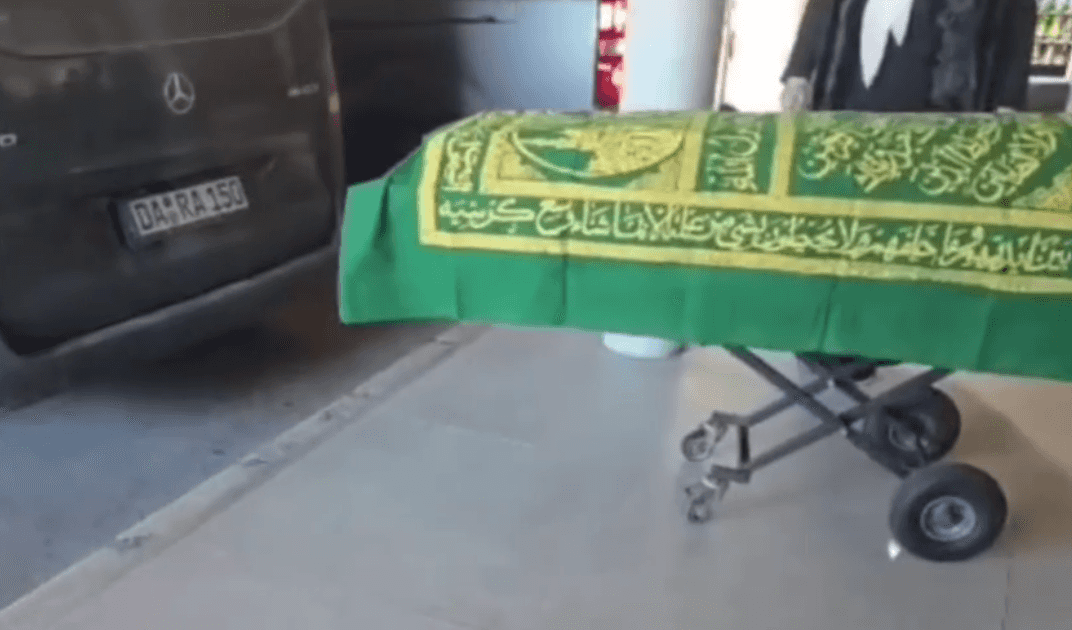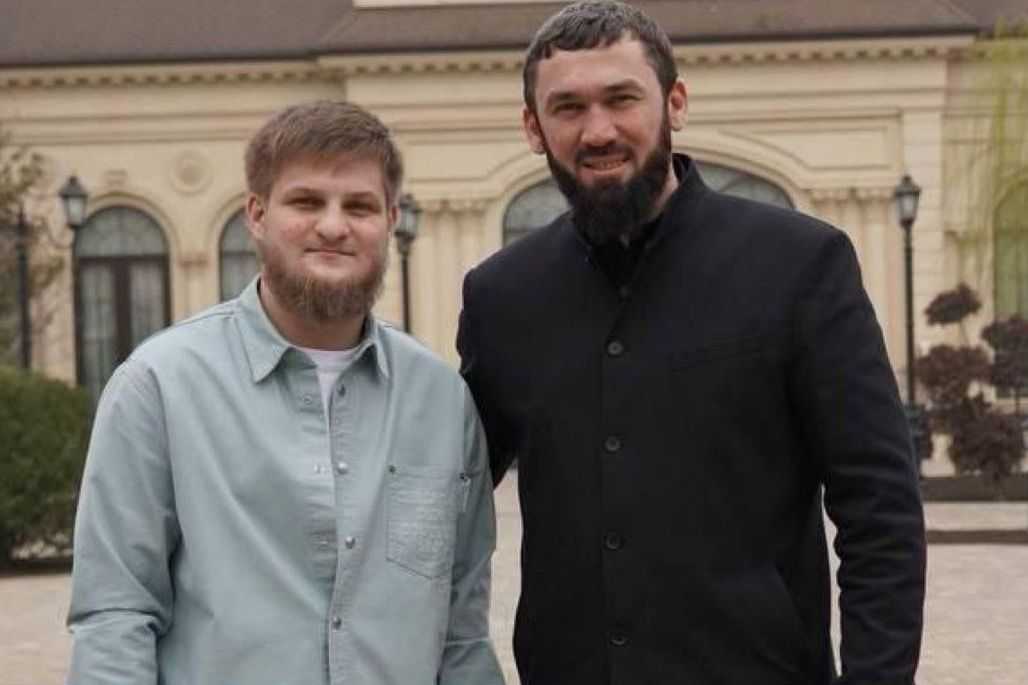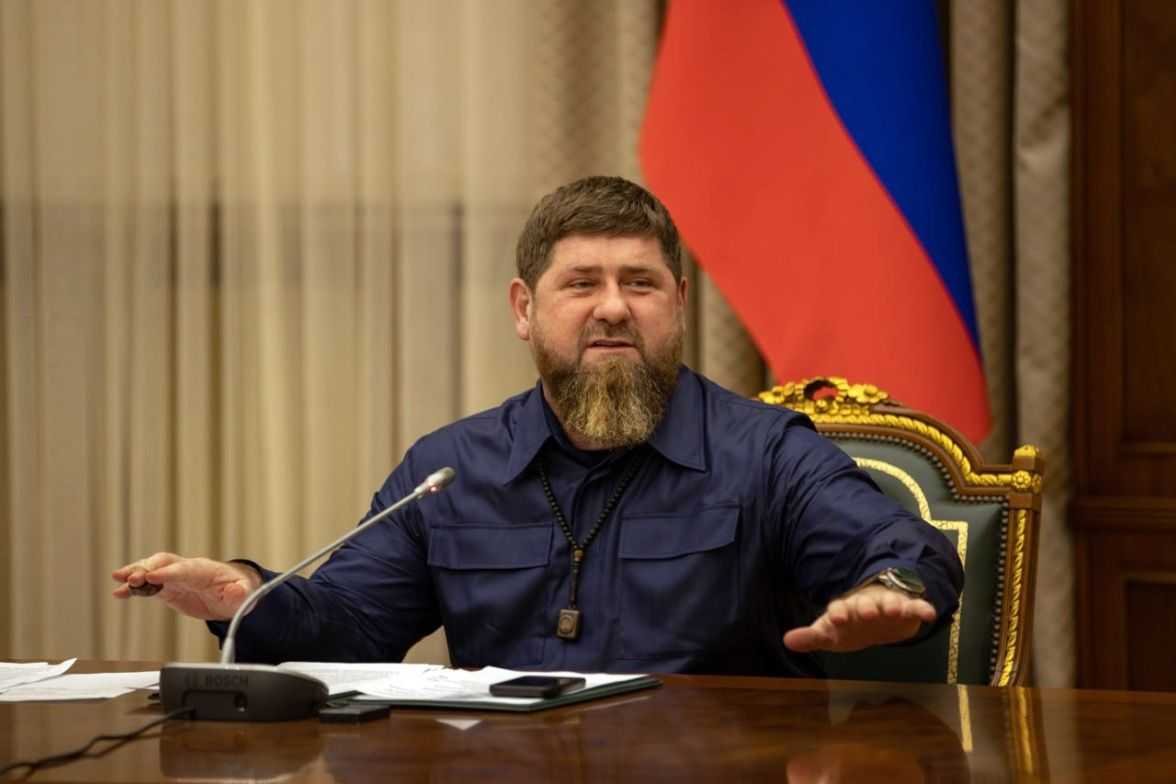Chechen commission on family reconciliation reports that 60 couples have ‘reunited’ in the last three months

The authorities of the Chechen Republic have reported the ‘reunification’ of 2,776 families over nearly eight years since the commission began its work. Since December, the body, named the ‘Commission for the Harmonisation of Marriage and Family Relations and the Reunification of Families That Have Broken Up for Insignificant Reasons’ has worked to help 60 divorced couples to ‘reconcile’.
This commission was founded in Chechnya in July 2017 at the initiative of Chechen Head Ramzan Kadyrov. Its stated goal was to protect and strengthen the institution of the family, as well as to preserve traditional family values.
According to commission representatives, since its inception, it has conducted over 23,000 activities aimed at restoring families.
As a result of its work, the commission has ‘reunited’ 2,776 couples, who collectively raise 5,101 children. However, 5,831 divorced couples remain ‘unreconciled,’ with 5,943 children living in these families — 4,000 of whom reside with their fathers and 1,943 with their mothers.
The commission operates in every district of Chechnya and consists of representatives from the clergy, public organisations, municipal authorities, and law enforcement agencies. Its work involves holding discussions with spouses, explaining the undesirability of divorce from a religious standpoint, and discussing parental responsibility in raising children. According to the head of the administration of the Spiritual Board of Muslims of Chechnya, the commission cooperates with registry offices to exchange marriage data, and uses its own marriage contracts, carried out by the spiritual board, aimed at preventing family breakdowns.
The activities of this commission have raised serious concerns among human rights activists and local residents. Many claim that the ‘reunification’ of couples occurs under pressure and is essentially forced. Women often agree to reconciliation out of fear of losing access to their children, as Chechen courts generally grant custody to the father in divorce cases.
Religious authorities and other officials have also imposed additional restrictions on women’s legal rights.
According to the official data, in 2022, Chechnya registered 9,070 divorces — 239.8% more than in 2021 (3,783 divorces). Since then, the number of divorces has declined, with 6,753 recorded in 2023, and 6,559 in 2024.
In neighbouring regions, divorce rates per 100,000 people are significantly lower than in Chechnya (437 per 100,000). In 2024, Ingushetia recorded 353 divorces per 100,000, Kabarda–Balkaria — 397, and Karachay – Cherkessia — 429. But in Daghestan the rate stood at 459 divorces per 100,000 people and in North Ossetia - at 484.
Human rights advocates cite everyday conflicts, domestic violence, polygamy among men, and interference from a spouse’s relatives as key factors behind divorces in the Caucasus. However, local authorities often attribute the situation to the influence of ‘sorcerers’ and other mystical causes – they say 80% of divorces are related to their activities.











